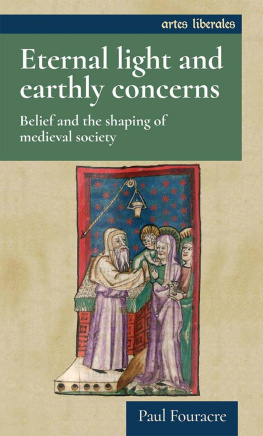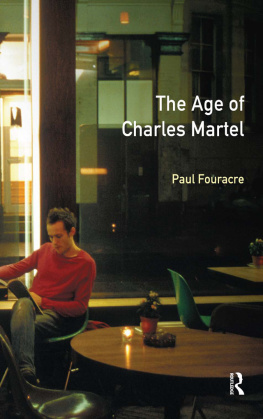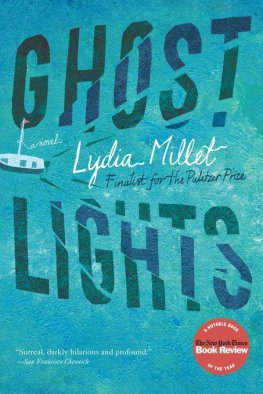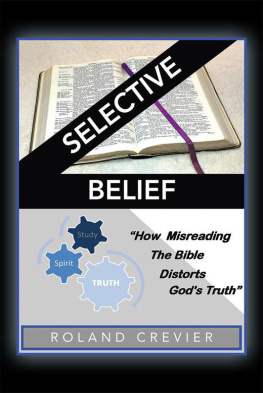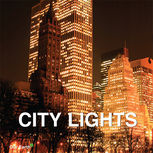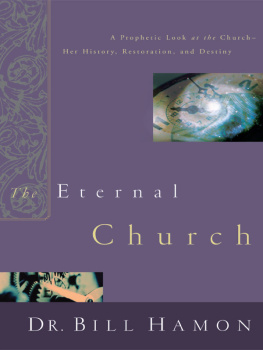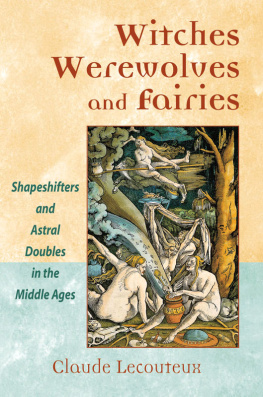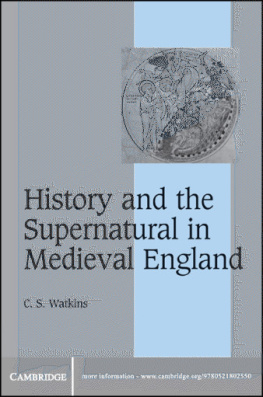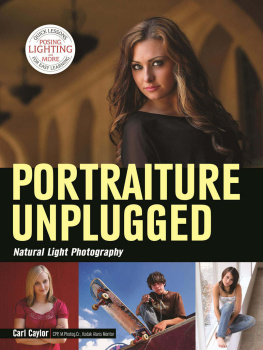Eternal light and earthly concerns
Series Editors
Carrie E. Bene, T. J. H. McCarthy, Stephen Mossman and Jochen Schenk
Artes Liberales aims to promote the study of the Middle Ages broadly defined in geography and chronology from a perspective that transcends modern disciplinary divisions. It seeks to publish scholarship of the highest quality that is interdisciplinary in topic or approach, integrating elements such as history, art history, musicology, literature, religion, political thought, philosophy and science. The series particularly seeks to support research based on the study of original manuscripts and archival sources, and to provide a recognised venue for increased exposure for scholars at all career stages around the world.
Previously published
Writing the Welsh borderlands in Anglo-Saxon England
Lindy Brady
Justice and mercy: Moral theology and the exercise of law in twelfth-century England
Philippa Byrne
Emotional monasticism: Affective piety in the eleventh-century monastery of John of Fcamp
Lauren Mancia
Eternal light and earthly concerns
Belief and the shaping of medieval society
Paul Fouracre
Manchester University Press
Copyright Paul Fouracre 2021
The right of Paul Fouracre to be identified as the author of this work has been asserted by him in accordance with the Copyright, Designs and Patents Act 1988.
Published by Manchester University Press
Altrincham Street, Manchester M1 7JA
www.manchesteruniversitypress.co.uk
British Library Cataloguing-in-Publication Data
A catalogue record for this book is available from the British Library
ISBN 978 1 7849 9301 6 hardback
First published 2021
The publisher has no responsibility for the persistence or accuracy of URLs for any external or third-party internet websites referred to in this book, and does not guarantee that any content on such websites is, or will remain, accurate or appropriate.
Cover image: Image from Jaocobus Voragine, Legenda sanctorum aurea. Bayerische Staatsbibliothek Mnchen, Cgm 6, fol. 53r. CC BY-NC-SA 4.0.
Typeset by
Servis Filmsetting Ltd, Stockport, Cheshire
Contents
This book has been a very long time in the making. An anonymous reader for Manchester University Press opened their report on the work: We have all been waiting many years for this book and I am very pleased to see it finished at last. Fair comment: twenty-five years is a long time, even in academic study. I first wrote about the subject of lights in a paper published in 1995. Studying royal charters of immunity from Merovingian Francia I noticed that when a church was granted this privilege, one that in effect saved it a lot of money, the ruler said that the proceeds should go towards the cost of maintaining lights that would burn day and night in the church. This phrase had always been dismissed as empty, that is, a mere formula or flourish tacked on to the meat of the privilege at the end of the document. I decided to take the phrase more seriously, not least because my work on hagiography had shown me several instances in which writers from churches and monasteries had both stressed the importance of keeping such a light burning and commented on the difficulty of doing so. Soon I was able to contextualise that importance and to see why it was difficult to keep the lights burning, this being down to a shortage of olive oil which was the preferred fuel for them. I was thus able to understand why rulers who wished to demonstrate their piety should have been willing to help privileged religious institutions get their hands on the oil they needed. A positive reaction to that initial paper encouraged me to follow the theme through in order to investigate what the social and economic consequences of providing for the lights might have been over the longer term.
As the study unfolded, I came to realise that, if it were to be at all comprehensive and comparative, I would have to look at all of Western Europe and to follow the subject right through the Middle Ages. That is just the kind of situation in which a subject goes on to the back burner while more circumscribed projects with more pressing deadlines take precedence. It was thus not until 2012 that I got down to write about lights in earnest. That I could so and was able to venture beyond my areas of expertise in early medieval history was due in large part to the kindness of colleagues, first at Goldsmiths College and then at the University of Manchester. Colleagues were always ready to discuss the subject and to give me the benefit of their own specialist knowledge. A host of others supplied me with material and answered my questions. Wendy Davies, Stephen Mossman, Jinty Nelson and Susan Reynolds read every chapter in draft and the writing was much improved when I responded to their comments. I am indebted to their careful and critical reading. Without their help this work would have been very much the poorer and riddled with careless errors. I could scarcely have tackled the later Middle Ages without the help of Stephen Mossman. My work on Spain would have been a generation out of date without the guidance of Wendy Davies, and Susan Reynolds was indefatigable in her pursuit of clarity, and firm (but still friendly) in her struggle to stop me overusing the first person plural. Jinty Nelson has helped me with every piece I have written since she began to supervise my PhD study in 1976, and my career simply would not have happened without her care. We have become comrades in arms as historians, and the best of friends. I am fortunate to count the other three readers as good friends too.
Ross Balzaretti, Marios Costambeys, John Gillingham and Chris Wickham all read individual draft chapters and gave invaluable advice. I salute their expertise and thank them. Georg Christ, Ann Christys, Katy Cubitt, Roy Flechner, Marci Freedman, Caroline Goodson, Nick Higham, David Killingray, Stuart Pracy, Brigitte Resl, Philip Rssner, Rachel Stone, Orri Vesteinsson, Jennifer Ward, Andrew Weir, Mark Whelan and Ian Wood all sent me material and drew my attention to important works I would otherwise have missed. I thank them all. Generations of students have also taught me that nothing is self-evident when it is new to the reader. The errors and misunderstandings that surely remain in this work are all my own. Gratitude is also due to Meredith Carroll and her colleagues at Manchester University Press for their patient encouragement and professionalism. I was delighted when MUP agreed to publish this work, for, besides admiring MUP for its publication record on subjects medieval, I wished the study to reflect my time at Manchester. Manchester has a bee as its city symbol, and it is fitting that a work that celebrates the producers of wax for the lights should emanate from the city.
Finally I must thank family and friends who were kind enough not to ask how the book was going every time they met me. My wife Joanna has been especially supportive and patient, despite living with the lights for over half of our marriage. It is to her that I dedicate this book.
In the year 1203 Bishop Jon of Gardar in Greenland met up with Bishop Pll of Skalholt in Iceland. Together they consecrated a great amount of chrism. Bishop Jon then taught his colleague how to make wine out of crowberries, the wine being for use in the celebration of the Eucharist. Unfortunately the next summer there were hardly any berries to be found on Iceland.1 Nevertheless the practice of making berry-wine grew, until the Papacy got wind of it, that is. In May 1237 Pope Gregory IX wrote to Sigurr, archbishop of Niaros (modern-day Trondheim) in Norway. Gregory was responding to Sigurr who had apparently asked whether his suffragan bishops, that is, the bishops of the North Atlantic lands, might be allowed to celebrate the mass without using bread and wine. Gregorys answer was unhelpful. Though he recognised that there were in this region dire shortages of bread and wine which limited the celebration of the Eucharist, it was not allowable to substitute some made-up confection for the bread, and beer or other drink for the wine. Only bread made from wheat and wine made from grapes would do, for it was these, and only these, substances which Christ had said were his body and blood.2 It is no surprise, then, to read in the Icelandic Annals for the years 1326 and 1350 that a scarcity of wine meant that the celebration of mass was severely restricted across the island.3

